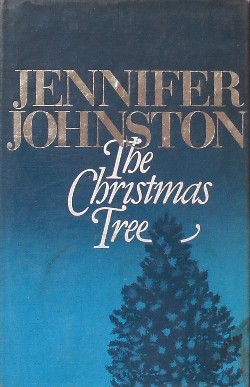Plot introduction
At the age of 45, Constance Keating a failed writer living in London, having just given birth to a daughter is told that the weakness she had been experiencing was not as a result of her pregnancy but due to Leukaemia. She has returned to her childhood home in Ballsbridge, a suburb of Dublin, determined to die at home and not fight the disease in hospital - much to the consternation of her sister Bibi, who has agreed to look after the baby. She writes to Jacob Weinberg, a Polish Jew and Holocaust survivor with whom she had a brief affair whilst on holiday in Italy, to tell him he is a father and inviting him to come and take the baby away and look after it. As Christmas approaches and the disease advances, she drinks whisky and the occasional painkiller, under the care of Bill, her sympathetic GP, and Bridie, a young Catholic girl recruited by her sister. The narrative switches between her slow decline and episodes from past life, including leaving Trinity College and moving to London, her literary failures, the death of her parents, and prominently her short time spent with Jacob.
This page is based on this
Wikipedia article Text is available under the
CC BY-SA 4.0 license; additional terms may apply.
Images, videos and audio are available under their respective licenses.
